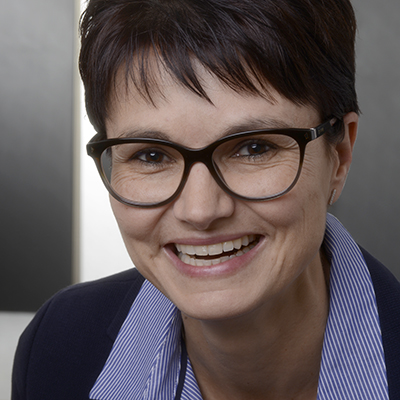Mental Health Week at BEE Medic
Mental Health Week
Mental health is an essential factor for our quality of life. Especially in recent years, the topic has become a focus of attention. At the same time, the need for support and therapy has increased, as has the workload for therapists.
This is also illustrated by a study conducted by the DAK in 2021, which shows that the number of days of absence due to mental illness increased again in 2021. At 276 days of absence per 100 insured persons, a new all-time high has been reached. A large proportion of the absences are due to depression. The consequences are far-reaching. Both for patients, who urgently need access to therapy, and for therapists, whose waiting lists continue to grow.
Mental Health Week, which takes place October 10-20, also revolves around the topic. Under this year's motto "Talking lifts the spirits - mentally healthy in our society", the focus is on getting into conversation with each other, developing understanding for each other and removing the taboos surrounding mental illness.
Neurofeedback and Mental Health
We also want to join this motto on the World Mental Health Day. Therefore, we would like to talk about Neurofeedback, which can be a building block in the therapy of mental illnesses. Neurofeedback aims to improve the brain's ability to self-regulate and thus, above all, to alleviate symptoms of mental illness. By focusing on symptom improvement, Neurofeedback brings a certain lightness to therapy, because it usually becomes apparent very quickly whether patients respond to Neurofeedback. First successes motivate and also especially performance-oriented people usually find a good access to Neurofeedback, because it does not "feel like therapy" at all. The setting is relaxing and the brain does the Neurofeedback "by itself". And also for therapists Neurofeedback usually means calm work and thus also relief and ease into the daily therapy routine.
Expert talk on World Mental Health Day
Therefore, we will talk about Neurofeedback and mental health in an exciting webinar with Neurofeedback experts Dr. rer. nat. Wiedemann and Veronika Kreitmayr on October 10. Among other things, they will talk about what mental health actually means and how Neurofeedback can help, as well as about their personal experiences and how they benefit from Neurofeedback.
Please note that the webinar will be held in German.
Inviation to the open house at BEE Medic
We would also like to meet you personally and therefore open the doors of our office in Forchheim on Saturday, 10/15/22. In addition to exciting presentations on the topic of Neurofeedback, you will have the opportunity to exchange ideas with our experts on site. For professional users we also offer live demonstrations of a Neurofeedback setting.
More information on the webinar and the open house can be found here.
Source: https://www.dak.de/dak/bundesthemen/krankenstand-2021-2526908.html#/


